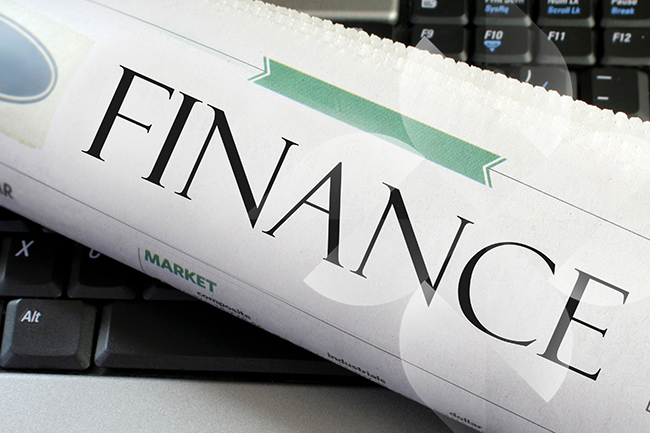
People frequently get confused between entrepreneurs and small business owners. As more and more self-employed individuals emerge in the business world, people use the terms “small business owner” and “entrepreneur” interchangeably. However, a person running a business should understand the key differences that separate the two.
The major differences may lie between your business’ legal status and the business owner’s personality. A study in Quarterly Journal of Economics states that a business’ legal status takes the lead when differentiating a small business owner from an entrepreneur. They also possess different backgrounds and characteristics.
This article covers the differences between an entrepreneur and a small business owner. Keep reading to find out how you should classify yourself!
What Creates an Entrepreneur?
An entrepreneur brings life to a new business idea. This individual endures the risks of the new business idea and gets to benefit from most of the rewards. Therefore, an entrepreneur is often seen as a creative innovator and a person who develops new ideas, services, and business strategies.
Here, the entrepreneur can operate and innovate more independently than a small business owner. Most of the time, this individual comes up with unorthodox ideas that enter the market as a hit-or-miss. Generally, entrepreneurs depend heavily on finding a suitable lender and understanding how much finance they need.
Entrepreneurs play a significant role in the direction of an economy. They utilize skills and take the initiative to deliver great never-before-seen ideas to the market. Alternatively, the lack of significant resources can compel them to withstand huge risks.
What Creates a Small Business Owner?
A business owner owns and operates a business, whether small, medium, or large. The business owner obtains profit through the successful operation of the business. Furthermore, these individuals usually hold a certain level of establishment and experience in their industry than entrepreneurs.
Business owners can either start their own company or accept a leadership role in an already established company. Business owners face fewer risks due to their experience in the field and the safety of their position. Additionally, they take guaranteed actions to bring a steady income to the company. Business owners usually stay away from risky activities that just hold the potential to accelerate revenue.
Defining Yourself
A large number of individuals show interest in calling themselves self-employed. However, this term doesn’t successfully define all business owners. You must understand what you should call yourself according to your role in a business. Entrepreneurs and small business owners showcase their unique behaviors and mindsets that set them apart. They also stand out due to their incorporated and unincorporated legal status.
The incorporated status provides entrepreneurs added protection, allowing them to make more significant investments with heavier risks. Incorporated business owners tend to call themselves entrepreneurs more than unincorporated business owners.
Incorporated business owners usually display the following mindset and behavioral patterns;
- Desire to take control of their future
- Greater self-esteem
- Interested in jobs that rely on instinct and intelligence
- Tend to come from educated family backgrounds
Do you find these characteristics in you? Now you can define yourself as either an entrepreneur or a small business owner!













